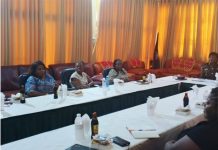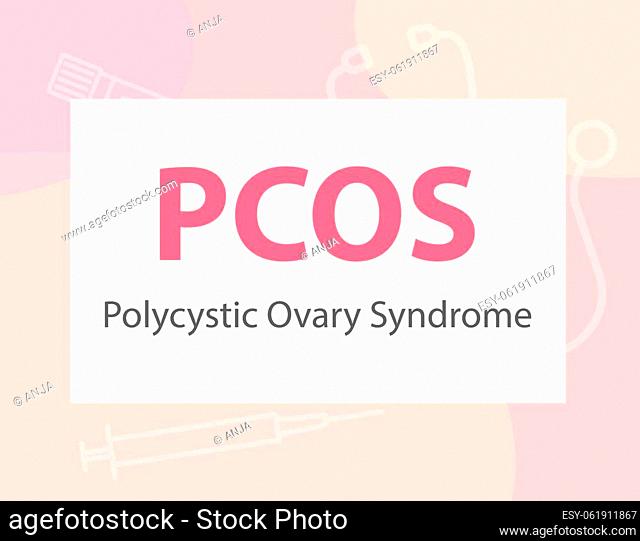By Emelia Naa Ayeley Aryee / Freelance Journalist
The Ghanaian society, and to a large extent Africa, seem to have been oriented in a way that if a woman fails to appear with a baby bump after at most one year of marriage, then there must be something wrong with her – she is infertile, and then stigmatisatiion sets in.
Infertility stigma has become the order of the day and it is women who suffer it most. This cruel treatment is meted out to women who are yet to have their own babies after some years of marriage.
Some of these women simply may have their own reasons or plans toward childbirth – perhaps they are still in school and waiting to finish first, are completing an apprenticeship, financial considerations, and many other factors. Yet, society seems not to care about if the woman has her own plans and goals or not, all that matters to their eyes seeing her pregnant – a flawed mentality.
Again, there are some women who are dealing with varied health conditions that are impeding their fertility. These conditions include polycystic ovarian syndrome (PCOS), and Varicose Veins in the womb. Aside from hampering a woman’s fertility, varicose vein in the womb, for instance, causes excruciating pain to their victims, as experienced by Hadiza Yahan, who died painfully after severe infertility stigmatisation.
A good number of women are also experiencing infertility caused by PCOS and they may not even be aware. This article, therefore, is based on the medical perspectives shared by a medical doctor of the LEKMA Hospital in Teshie, Accra, Dr. Samuel Gyedu Owusu in an interview with the writer, Emelia Naa Ayeley Aryee, a journalist and gender advocate. The decision to conduct this interview was triggered by the story of Priscilla Kwakye who battled PCOS and faced infertility stigma, as earlier published by Amaghanaonline.com.
What is PCOS?
For the ordinary person’s understanding, polycystic ovarian syndrome is a condition in which a woman’s ovaries are filled with fluid (cysts) so that they are not shed as blood every month (menstruation) or fertilised by sperms to cause pregnancy.
Women with this condition do not observe regular menstruation. For some, they menstruate only two to three times in a whole year of 12 months. Thus, they are not able to ovulate so a mature egg might accept a sperm for fertilisation.
As contained in a fact sheet published by the World Health Organisation, PCOS affects an estimated 8–13% of reproductive-aged women, while up to 70% of affected women remain undiagnosed worldwide.
Early signs
The first sign of PCOS is delayed menstruation. In as much as delayed menstruation may be caused by other conditions in a woman’s body, it is mostly linked to the syndrome.
According to the National Institutes of Health, menarche (first menstrual blood in a girl), occurs between the ages of 10-16, with the average girls observing menarche at age 12.4 to 13. Some girls, however, observe their first menstruation at the age of 18 years and beyond. After a delayed menstruation, these women may also experience heavy bleeding, low bleeding or no bleeding at all as they grow(anovulation).
The medical doctor thus advised that parents should take immediate action by seeking medical attention if their daughters delay with their menstruation. Rather than treating it as “one of those things”, the girls should be made to see the doctor to avert any challenges with fertility in the future.
Another sign is hirsutism. Hirsutism is the growing of unwanted hair on some parts of the female’s body such as the chin, upper lips, chest, and back. This indicates that the girl has an excess of male hormones called androgen. While androgens are dominant male hormones, females also have them in small amounts. An excess of it is what results in hirsutism.
So, if a girl develops these unwanted hairs during puberty, it is a sign that she might have PCOS. It is at this stage that the parents must seek medical help and not wait till the child grows into an adult and marries.
Treatment
PCOS cannot be cured, but the good thing is that its symptoms can be managed and treated with the goal of conceiving.
Treatment, according to Dr. Samuel Gyedu Owusu, includes Induced ovulation, stimulation of periodic bleeding by use of oral contraceptives, and Insulin sensitivity management.
The most important thing is that the lady prepares her mind for the many tests that will be run for proper diagnoses and further treatment.
Dos and don’ts
A person with PCOS, seeking to have a breakthrough to conceive, must do well to avoid sugar and junk foods completely. The condition requires that they eat healthily, do moderate exercise such as yoga and swimming if they can, have enough rest, build their body, eat whole-grain meals, and avoid alcohol and smoking if they have those habits.
Misconception and hope
Dr. Samuel Gyedu Owusu dispelled the misconception that women with PCOS cannot conceive or have babies. He said it is very possible with the treatments available, and if only the women would observe the lifestyle adjustment and observe all necessary medical instructions and recommendations by medical professionals.
He also encouraged these women to stay positive and hopeful because their condition is not one that cannot be dealt with to achieve the targeted goal of conceiving and having their own children.
Also, to women who have been declared medically fit but still struggling to have their own children, Dr. Gyedu Owusu advised that they should ensure that their tests include thyroid function.
He recommended that while the women are mostly the ones checked and treated, their partners should also be checked and diagnosed to ensure that they are fit as well because the cause of infertility can be from the man too.
The medical doctor also called on society to support women who are trying to conceive with the needed resources and prayers, rather than stigmatising them.
See the full video of the interview here:
Photo credit: anja – www.agefotostock.com






































